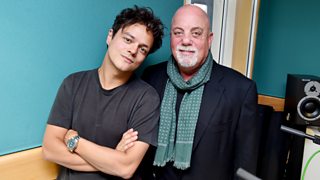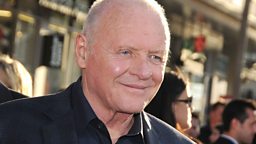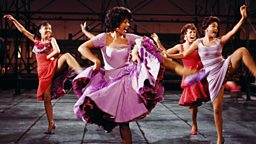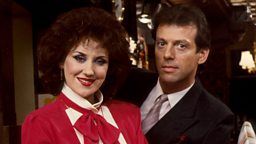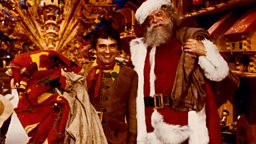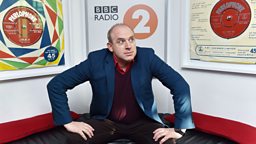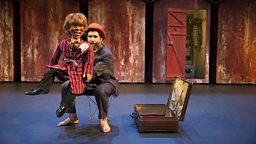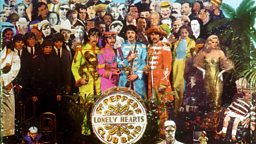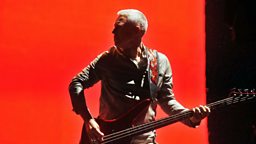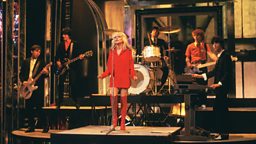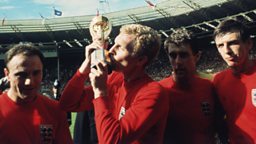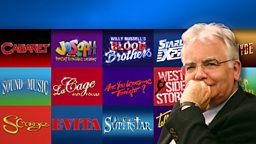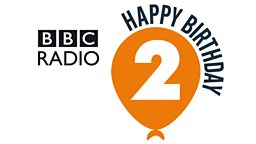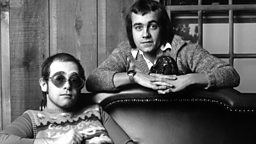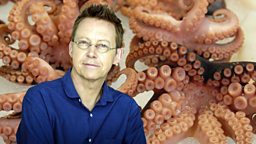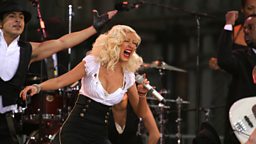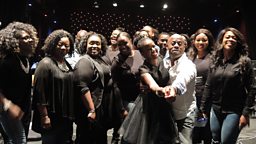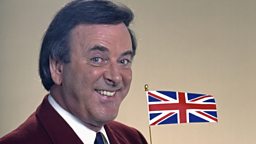Punches and pianos: how Billy Joel became a music legend
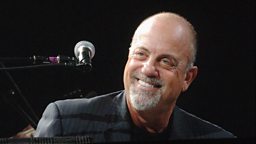
is the sixth best-selling artist in US chart history, despite never really wanting to be a performer, and a career hobbled by contractual wrangles almost before it had begun. Growing up in suburban Long Island, a keen ear for melody allied to his songs’ everyman perspectives made him one of the 80s’ biggest stars. To celebrate , Nick Hasted looks back at the piano man’s long road to the top and the formative experiences that inspired his greatest songs.
1. He was a successful amateur boxer
Twenty-two straight wins as an amateur Golden Gloves boxer suggested one way out of suburban Long Island, where the teenage Joel felt like a “zero”. A broken nose from a much bigger opponent left him with “two different-sized nostrils”, and made him think again. Realising he lacked the requisite killer instinct, he instead focused on his true calling, revealed after seeing on the Ed Sullivan Show in 1964. Joel went on to serve a thorough apprenticeship in local bands such as the Emerald Lords and the Lost Souls, before cutting two albums of underwhelming blue-eyed soul and psychedelia in the late 60s with .
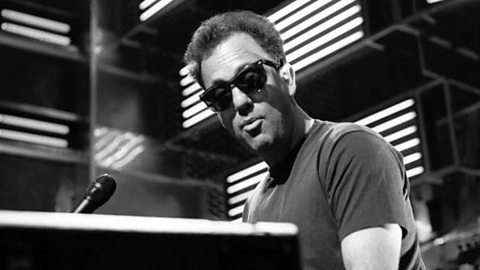
I'm Starting Out: Billy Joel's early career
Billy talks to Jamie about learning his craft.
2. He was in a proto-metal band called Attila
In his most unlikely musical detour, Joel broke away from The Hassles to form the heavy psychedelic organ duo Attila. The band announced themselves on their lone 1970 album’s sleeve as “a screaming invincible wave of destruction,” which “left in its wake half the civilized world in shock and bleeding submission.” Ultimately, though, laughter and indifference were the primary responses to Attila’s pre-Spinal Tap schtick, described (unfairly) by as "undoubtedly... the worst album released in the history of rock & roll".

3. His debut solo album was mastered at the wrong speed
Advised that the best way to further his ambitions was to record an album of his own, Joel put out his solo debut, Cold Spring Harbor (named after a neighbourhood near his Long Island hometown) in 1971. But the 22-year-old had naively signed away most of his rights as a writer and performer to a small LA label, which added insult to injury with over-egged production and faulty mastering at a speed which made him sound like Alvin & The Chipmunks, as Joel discovered to his horror at a disastrous listening party. As he recalls to Jamie Cullum below, the experience was “crushing”. Thus burned, he resolved to fight his way out of the contract and do things his own way from then on.

'You gotta pull your head out of your butt!' - Billy Joel on recording his first record
Billy talks about the trials and tribulations of starting out.
4. His piano-playing prevented a possible shooting
Still trapped in a contract that stopped him earning money as a musician, in 1973 Joel went undercover, playing piano in an LA cocktail bar. “I disappeared,” he told ZigZag magazine. “I took a different name. Billy Joel is my real name, Martin is my middle name, so... ‘Bill Martin at the keyboards.’” He soaked up experience by playing piano into the small hours, once calming a gun-waving drunk by playing God Bless America. He used the characters he observed from his piano stool to populate his first big hit, Piano Man.

‘His name was Davey and he actually was in the Navy’ – The components of Billy Joel’s Piano Man
A story of how inspiration can be found right at your fingertips.
5. He wrote one of his most enduring songs on the bus
An LA lawyer loosened Joel’s contract, and he signed with Columbia. His third album for them, 1976’s Turnstiles, was inspired by his return to his beloved New York. He wrote New York State of Mind on the Greyhound bus journey back East, and Summer, Highland Falls about his new upstate home in Orange County. Another song on the album, the satirical Angry Young Man, found him distancing himself from rock’s rebel attitude: “I once believed in causes too/ I had my pointless point of view/ And life goes on no matter who was right or wrong.”

The Hudson River Line: Billy Joel on writing New York State of Mind
Billy talks to Jamie about the inspiration behind one of his most recognisable songs.
6. He found a musical soulmate in producer Phil Ramone
The 1977 album The Stranger saw Joel begin a partnership with producer Phil Ramone which lasted until 1986’s The Bridge, and finally made him one of the world’s biggest stars. “Columbia were getting ready to drop me,” he told Rolling Stone of this crucial moment in his career. Ramone understood that Joel would work best in the studio with his road band of “Long Island, New York guys”. The producer also coaxed him into including the US Top 3 smash Just the Way You Are, which Joel thought was just a “gloopy ballad”. The Stranger rapidly outsold Columbia’s previous all-time bestseller, 's Bridge Over Troubled Water. “I sometimes think how different my life would have been if I hadn’t met Phil,” Joel mused.
6. He mixed it with Costello and Springsteen
Smarting from criticism in some quarters that he was just a soft balladeer, Joel responded with the tougher 1980 album Glass Houses. The single It’s Still Rock and Roll To Me, a dig at fashionable new wave acts which sounds not unlike a chirpier , was his first US No 1. He then spent a year making 1982’s The Nylon Curtain, venturing into territory more associated with on the moving Allentown, an elegy for the titular steeltown’s workers during the Reagan recession. It’s still the album he’s proudest of.
7. He survived a potentially career-ending motorcycle crash
In 1982, Joel was out riding his motorbike when a driver ran a red light at an intersection. In the ensuing crash, his left thumb was crushed and his right wrist was pulled out of its socket, prompting rumours in the press that he might never be able to play piano again. “I wasn’t worried about that at all,” Joel told Cafe Racer magazine. “I was never that good to begin with. Play with your elbows if you have to, it’s rock’n’roll!” Sure enough, he was back playing live within a few months. The incident didn’t put him off messing with motors either; the video to the following year’s transatlantic chart-topper Uptown Girl found him posing as a mechanic, and he currently maintains a collection of more than 60 vintage motorbikes at 20th Century Cycles near his home in Oyster Bay, Long Island.
8. He quit the pop game while he was ahead
1993’s River of Dreams wrestled with the fallout from Joel’s gruelling lawsuit against former manager Frank Weber. It was pretty much his swansong as a songwriter. In the 23 years since, he’s only recorded three cover versions, two new songs, and an album of instrumental classical compositions, 2001’s Fantasies & Delusions. “I got bored writing popular music,” he told . “I just got tired of writing in the same format: it can’t be too long, it’s got to be played on the radio. It’s a box, and after a while that box becomes a coffin.”
9. He’s not too proud to share the stage
Since all but abandoning the studio, Joel has diligently maintained his status as a massive live draw. He was happy to share centre stage with in a series of hugely successful Face to Face tours in the 90s and early 2000s. He’s also broken Springsteen’s record for sell-out Madison Square Garden gigs, and released three live albums this century. It’s in arenas, not cocktail bars these days, but Billy Joel is still a piano man.

Playing at home: Billy Joel's Madison Square Garden
Here's how Billy makes massive arenas seem like living rooms.
